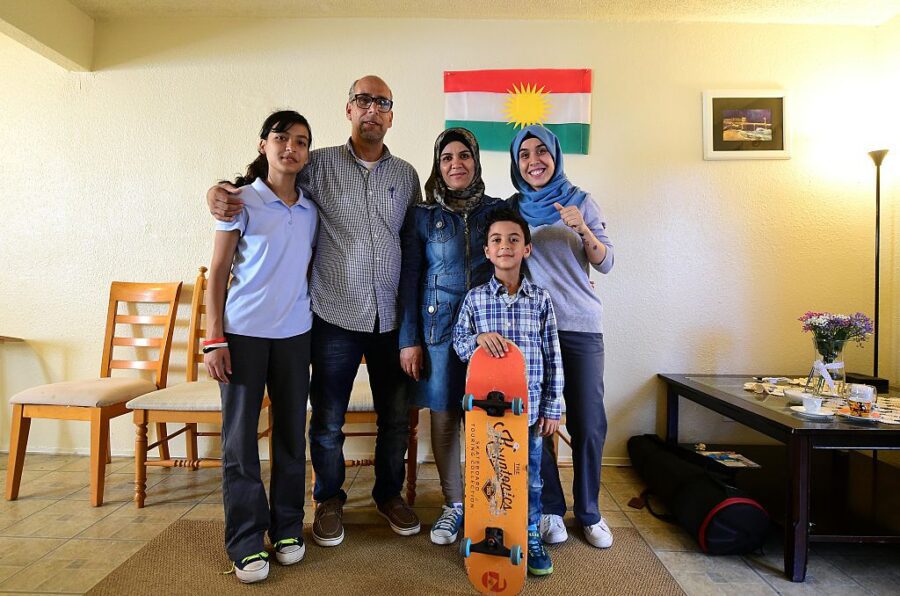Rebuild the Refugee Resettlement Program

The Bible is unequivocally clear in its command for Christians to care for the persecuted and vulnerable. Throughout Scripture, God calls his people to care for the immigrant and the refugee as those made in the image of God (Matt. 25:35-40; James 1:27). Southern Baptists have reaffirmed this command to care for the stranger among us through numerous resolutions declaring “the value and dignity of immigrants, regardless of their race, religion, ethnicity, culture, national origin, or legal status” and encouraging “people to increase their involvement in resettlement of legal refugees through the enlistment of sponsors and the provision of church-centered ministries.”


The U.S. has a long history of welcoming persecuted peoples and refugees, even going back to the nation’s founding. The Refugee Act of 1980 created our modern-day refugee system by adopting a standardized definition of a “refugee,” providing the first statutory basis for asylum, and formalizing the United States Refugee Admissions Program (USRAP). Every year since then, the president has set a cap for the maximum number of refugees that the U.S. will resettle in that given fiscal year. Since the program began, the U.S. has resettled more than 3.1 million refugees, more than any other country in the world.
A number of factors have caused incredible slowdowns and backlogs throughout the process, severely prolonging resettlement and limiting the number of individuals actually resettled per year. This already lengthy process is now currently averaging over five years, and despite the 125,000 cap set by Biden in fiscal year 2023, the U.S. only resettled just over 60,000 refugees. The Trump administration’s decision to significantly curtail resettlement forced an estimated 134 resettlement sites to close and capacity to be cut by about 38%. It has proven to be difficult for resettlement agencies to rebuild their capacity in reopening locations, rehiring staff, and rebuilding volunteer networks, given the unreliable nature of their funding. Additionally, overseas processing and interviews have been slow to recover from the COVID-19 pandemic and Trump-era cuts. Other factors such as understaffing across federal agencies have contributed to a largely unworkable system for many individuals in dire circumstances.

Absent a nimble and efficient refugee system, our government has turned to a tool known as “humanitarian parole” as a substitute. While this has allowed vulnerable people, including Afghans and Ukrainians, to be moved out of harm’s way quickly, parole provides only temporary protection for individuals in the U.S. and does not offer them the resettlement support given to formal refugees. Many lawmakers have raised serious concerns about the continued and expanded use of parole.
In this time of immense need, it is vital that the U.S. go beyond setting a symbolic resettlement cap and actually invest in rebuilding a robust system that can meet those goals and help the most vulnerable around the world. If both the administration and Congress want to truly fix our resettlement system, they can choose to funnel increased resources to appropriate federal agencies and create new funding streams for resettlement organizations.
SBC Actions
Southern Baptist spoke to immigration and refugees at the 2023 annual meeting through the Resolution On Wisely Engaging Immigration, the 2018 annual meeting through the Resolution On Immigration, and the 2011 annual meeting through the Resolution On Immigration and The Gospel.
Latest Resources


